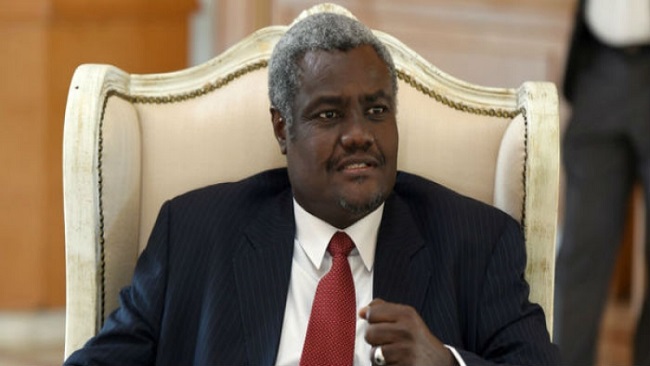Twelve points for the New African Union Commission Chairperson
Moussa Faki Mahamat, the new chair of the African Union Commission (AUC), takes office in mid-March as the continent faces its worst spate of humanitarian crises since the 1990s. The most alarming is in the Lake Chad basin where more than eleven million people need emergency aid. In Somalia, 6.2 million (almost half the population) face acute food shortages and in South Sudan, where the UN recently declared a famine, nearly 5 million are severely food insecure. The suffering is largely man-made: the effects of drought have been exacerbated by prolonged wars and mass displacement.
More promisingly, Gambia’s peaceful transition, negotiated by the Economic Community of West African States with AU support, is one of the steps toward democracy and rule of law being taken in much of the continent. Whether these gains can be multiplied across Africa depends on how well Mr Faki, Chad’s former foreign minister, will use the tools at his disposal to persuade member states to address the triggers and longer-term drivers of conflict: fraught electoral processes; leaders who refuse to leave office as scheduled; corrupt, authoritarian or repressive governments; population growth; joblessness and climate change. These same forces precipitate two other major continental challenges, migration and the threat from religious extremists and other violent non-state groups.
International Crisis Group




